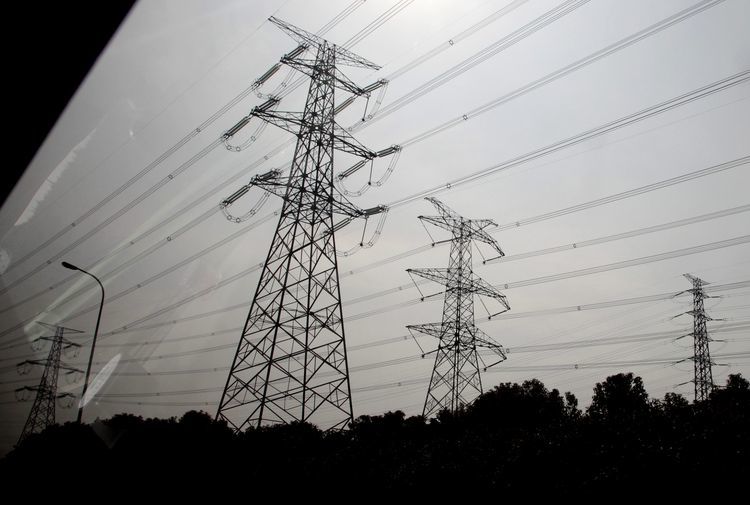
China is considering plans to create three power giants through mergers of eight coal-fired and nuclear generators with combined assets of almost $855 billion, according sources.
The proposal, which is only one option being considered as the government of President Xi Jinping seeks to restructure the state-run power sector, hasn’t been finalized and is subject to change, said the people, who asked not to be identified as the information isn’t public. The mergers are proposed for the unlisted parent companies, not units traded in Hong Kong and Shanghai, the people said.
The three planned power giants would be created through the following combinations:
China Huadian Corp. and China Guodian Corp., two of the biggest coal-fired power generators, may merge with China National Nuclear Corp., the second-biggest nuclear power operator in China. The combined company would have 297 gigawatts of capacity and 2.04 trillion yuan in assets, according to data published on company and regulator websites, as well as annual reports. China Datang Corp., one of the five biggest coal-fired generators, may merge with China General Nuclear Power Corp., the largest nuclear power operator, and Shenhua Group Corp., the country’s biggest coal miner, as well as a major rail operator and power producer. The combined company would have 241 gigawatts of capacity and 2.09 trillion yuan in assets. China Huaneng Group, the country’s biggest coal-fired power producer, may merge with State Power Investment Corp., a coal-fired power company that also owns State Nuclear Power Technology Corp., the unit building the country’s Westinghouse-designed AP1000 third-generation nuclear reactors. The combined company would have about 262 gigawatts of capacity and assets of 1.75 trillion yuan.
Shi Yan, a Shanghai-based utilities analyst at UOB Kay Hian Holdings Ltd, said: “Injecting nuclear power into traditional coal-fired power players could help stabilize their overall portfolio and give them incentives and tools to cut over-reliance on coal
“The newly created companies could become ‘too big to fail’ almost overnight, and how to effectively prevent them from becoming new market monopolies will be a hard task to deal with.”
China Huadian declined to comment, while a spokesman for China Shenhua wasn’t able to respond immediately. The remaining companies didn’t immediately respond to requests for comment sent by phone, fax and email.
Recommended for you
